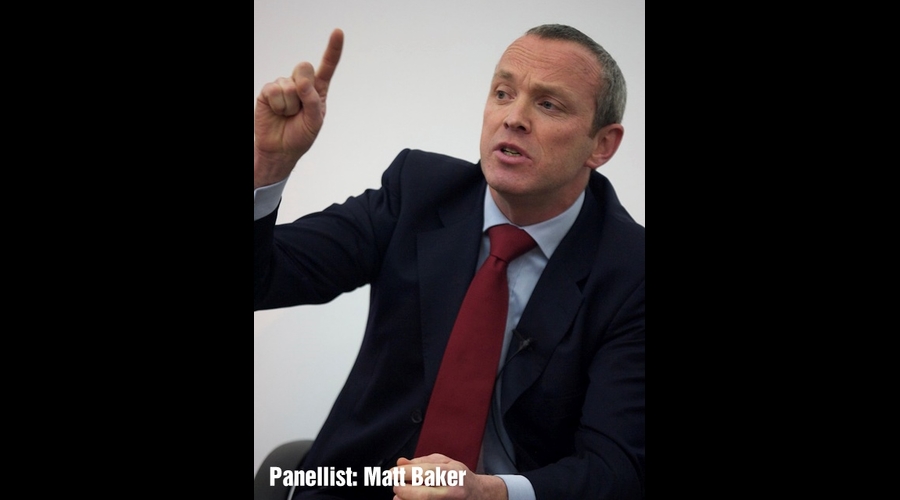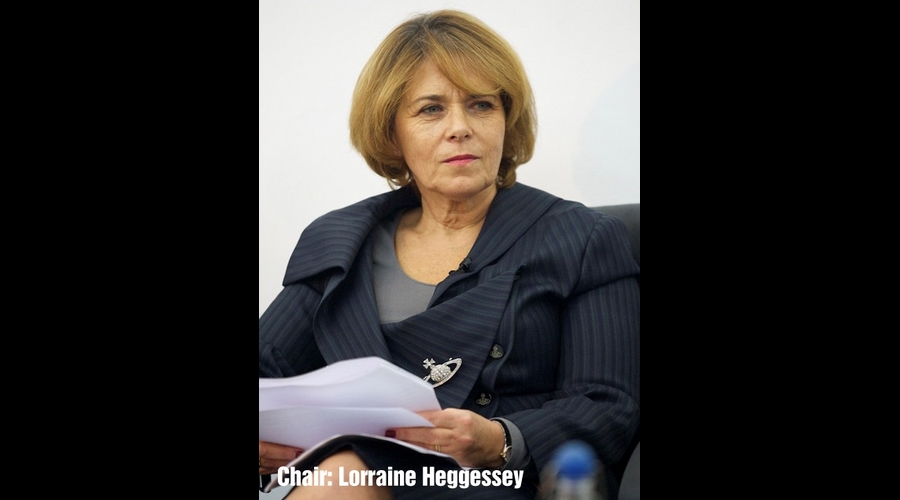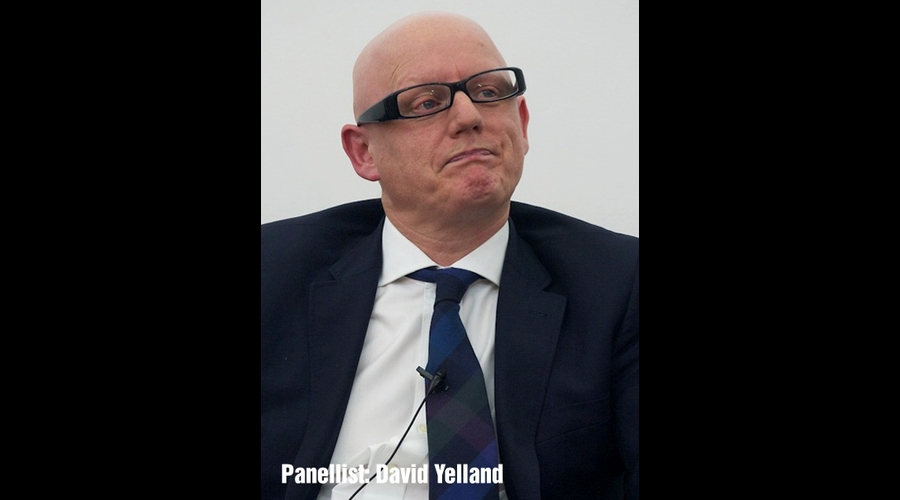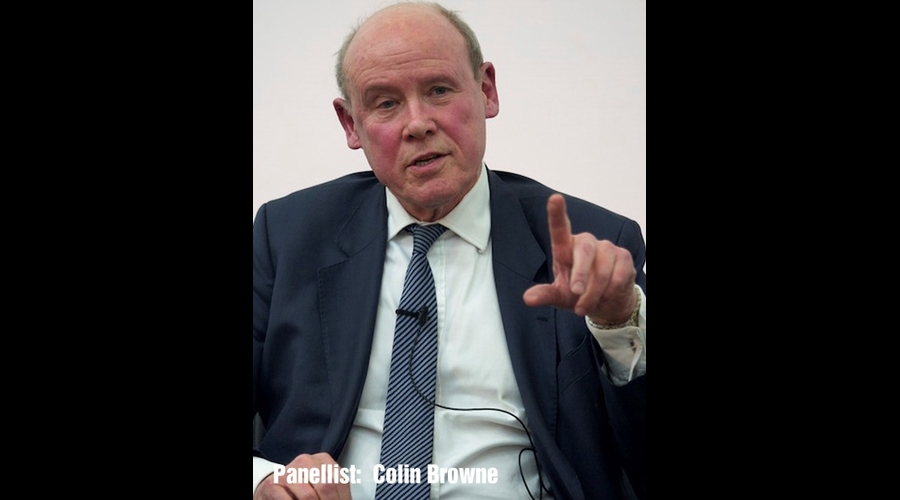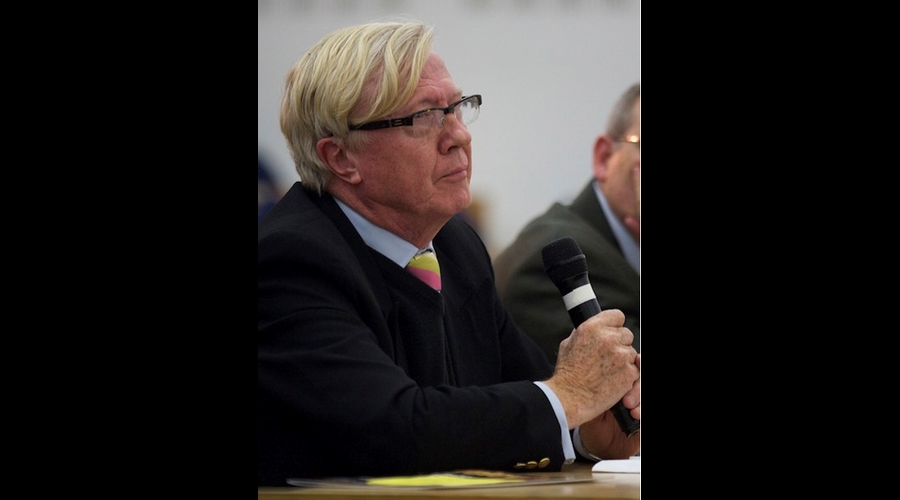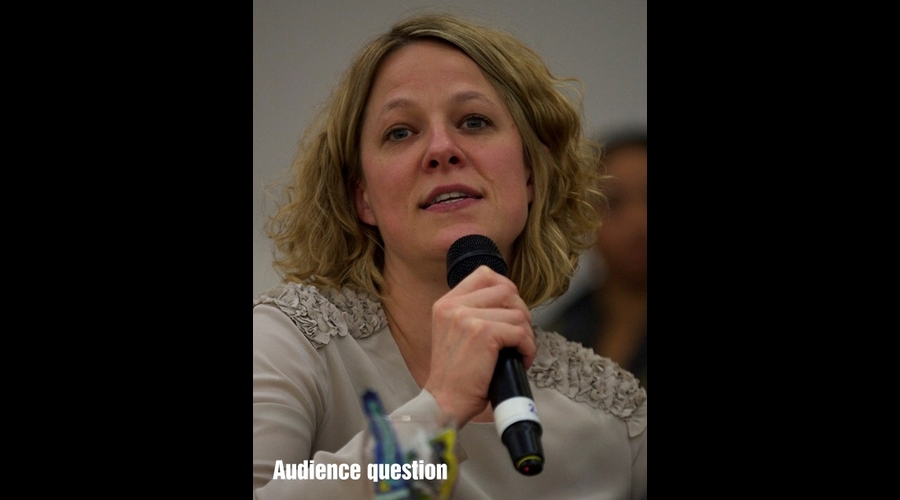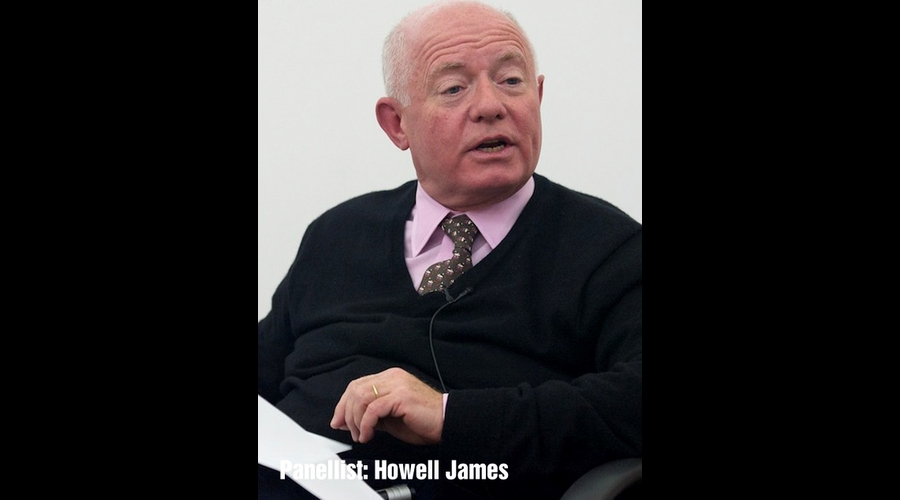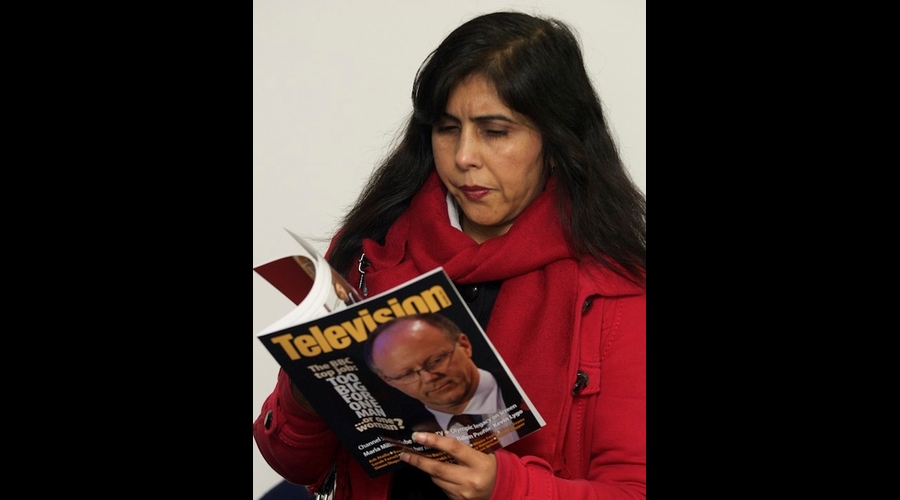George Entwistle served just 54 days as BBC director-general before falling victim to the fall-out from Newsnight pulling an investigation into allegations of paedophilia against the late Jimmy Savile and wrongly implicating Lord McAlpine in a story about child abuse.
During a wide-ranging discussion of crisis management at an RTS early evening event in central London on 4 December, a panel of PR professionals pinpointed why Entwistle fell on his sword.
“The great problem was that this happened to him so quickly after he was appointed,” said Howell James, outgoing vice chairman for corporate affairs at Barclays Bank and a former director of corporate affairs at the BBC. “It looked to me from the outside... that he didn’t have some of the... relationships around him to help him navigate and manage [the situation].”
James added: “It’s very hard when you haven’t been through these things before to learn on the job in the heat of the crisis.”
Entwistle’s appearance at the culture, media and sport select committee on 23 October, when he was roasted by MPs, was only a mistake in hindsight. “It’s always better to be seen taking the initiative than just reacting,” said Colin Browne, another former BBC director of corporate affairs and currently the chair of the Voice of the Listener and Viewer. “The committee gave him a very hard time. Personally, I didn’t think that appearance was completely disastrous. Obviously it wasn’t great, but he was sticking to this line, which was unpopular, that he didn’t want to interfere in the editorial chain.”
“It was a pretty standard crisis management response,” said Matt Baker, acting head of media at Oxfam and Channel 4’s former chief press officer. “[Entwistle] was choosing a public platform to explain to key stakeholder groups what it was the BBC was doing to solve the crisis. If that had been in isolation, I don’t think he would have had to resign on the back of that performance.”
“He was a patently honest, decent person. He sought to answer their questions; he did not evade; where he didn’t know [an answer] he acknowledged that. In terms of human values, these were commendable; in terms of presentation, these left him vulnerable,” added James.
Entwistle’s fate was sealed by his appearance on BBC Radio 4’s Today programme on 10 November. “There were clearly critical errors made before the Today programme. There was no preparation at all and I don’t know what happened – I know it wasn’t because the people around him didn’t try to prepare him – but he appeared not to have read the papers,” said David Yelland, a partner at the corporate communication outfit, Brunswick Group, and a former editor of the Sun. “It was pretty clear half way though the interview that the game was up. That’s what cost him the job; it wasn’t the select committee.”
Baker argued that the BBC had “established a perception of control” with the announcement of an inquiry into Newsnight’s Savile investigation and an internal BBC inquiry into child sex abuse allegations made against the late DJ. But, he added: “The [Today] interview fatally undermined that sense of control because in giving honest answers to the questions it was clear that he wasn’t fully across the processes in what would be deemed to be an appropriate way.”
Lorraine Heggessey, who chaired the RTS event, said that the press department had been highly professional during her time at the BBC, which she left in 2005 as controller of BBC1: “I felt George was hung out to dry on the Today programme – I think the corporate communications side seemed to let him down.
For a full report of "Crisis! What Crisis!", held on 4 December 2012, see the January edition of Television, published in late December.
Report by Matthew Bell


